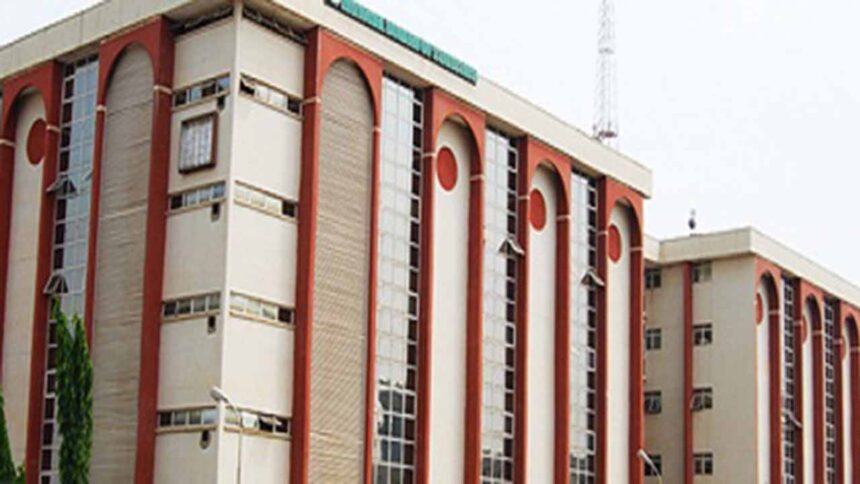The National Bureau of Statistics (NBS) recently released its Capital Importation Report for the fourth quarter of 2023, revealing a notable decline in capital importation into Nigeria.
According to the report, capital importation fell year-on-year by 26.8 percent to $3.89 billion in 2023 from $5.32 billion in 2022.
The analysis of the data further showcased a fluctuating trend throughout the year. In the first quarter of 2023, capital importation stood at $1.13 billion, dipping by 8.8 percent to $1.03 billion in the second quarter. The decline continued in the third quarter, dropping by 36 percent to $654.65 million, before rebounding in the fourth quarter with a 65 percent increase to $1.08 billion.
Highlighting the composition of capital importation, the report indicated that “Other Investment” accounted for the majority share at 54.6 percent ($594.74 million) in the fourth quarter of 2023, followed by Portfolio Investment with 28.46 percent ($309.76 million), and Foreign Direct Investment (FDI) with 16.9 percent ($183.97 million).
The sectorial analysis revealed that the production/manufacturing sector received the highest inflow with $450.11 million, representing 41.35 percent of total capital imported in the fourth quarter of 2023. This was followed by the banking sector with $283.30 million (26.03 percent), and financing with $135.59 million (12.46 percent).
In terms of geographical sources, capital importation during the reference period originated largely from the United Kingdom with $267.24 million, followed by Mauritius with $226.18 million, and the Netherlands with $149.93 million.
The decline in capital importation raises concerns about the investment climate in Nigeria and emphasises the need for targeted policies to attract and retain foreign investments in key sectors of the economy.




